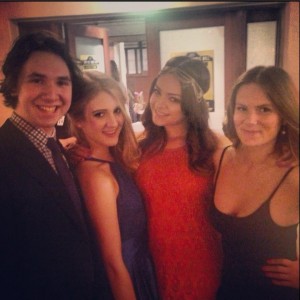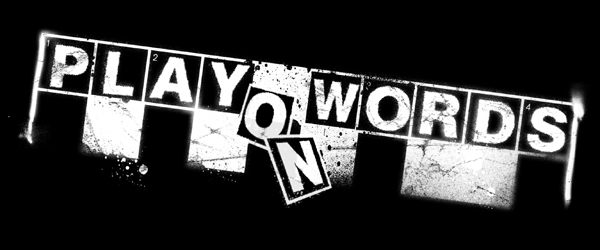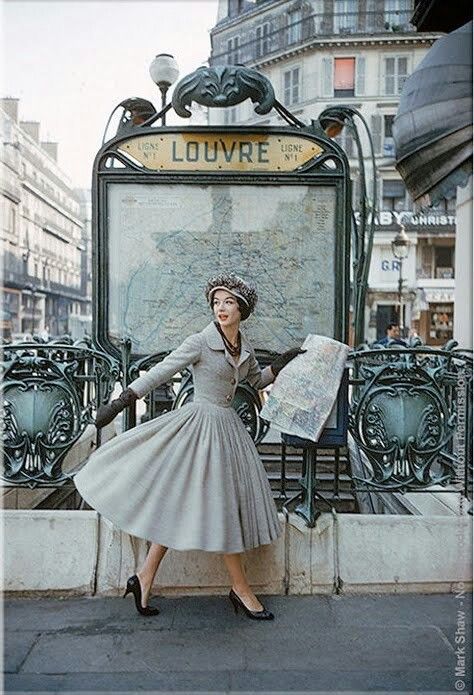This was originally published on The Teenage Girl’s Survival Guide
Friend ~ “a person attached to another by feelings of affection or personal regard” .

Sitting in the computer lab after school hours, You Tubing the Elephant Love Medley from my favourite movie Moulin Rouge and singing along, I knew I’d met one of my best friends.
Bonding over our mutual love of Ewan McGregor, secretly reading the Vampire Academy in our religion classes and re-enacting scenes from Titanic, my friend Jade is one of those rare finds you meet in high school and know you’ll have for life.
As you grow up you realise the importance of quality over quantity in friendships. You learn it’s not about having as many friends as possible BUT about having real, true people who’ll have your back no matter what.
Friends are what make your life that little bit more interesting. Friends are the people you go on crazy exciting adventures with, the ones who know your secrets, your flaws, your strengths, your embarrassing moments and love you for being you.
Think about the friends you have. What is it you look for in a good friend? Similar thoughts, beliefs, interests? Or the opposite- drastically different personalities? What draws you to each other?
Different friends offer you different things. There are your childhood friends, your family friends, your high school friends, your work friends, your uni friends. There are the people who come into your life briefly before shortly exiting and then there are the ones you know will be there for the long haul.
I’ve got friends who won’t sugar-coat things for me. Who’ll tell me the cold hard truth even if it hurts because- let’s be honest- none of us wants to leave the house looking like a cake faced barbie doll!
Other friends will put up with me whinging and moaning about why my life isn’t textbook perfect and to their credit offer empathetic smiles and pearls of wisdom.
You know you’ve got good friends when they let you call the shots on where to go for coffee every time even if it means walking the distance.
Good friends are there in emergencies, will hold your hand when you’re scared, wipe your tears away and hug you when you’re broken-hearted.
My good friends let me raid their closet at a minute’s notice to find the perfect outfit.
They’ll pick me up, chauffeur me around, take me out to dinner, for coffee, to a movie.
They’ll laugh with me and not at me when I’ve done something absolutely ridiculous.
Good friends will tell you to slow down on the drinks and then pull your hair back when you’re vomiting.
They’re the ones you can go months without speaking to and when you finally manage to see each other it’s like you’ve never spent a day apart.
So if you’ve got all these amazing people in your life, what can you offer to a friendship? What values do you bring?
Are you a good listener? A problem solver? Full of vitality and excitement? Loving, caring, compassionate?
I’m sure you girls know friendship is about give and take. You have to put something into your relationship in order to get something out of it.
Friendships can be fragile things; hitting highs and lows. One minute you might be doing absolutely everything with a person and the next you can barely stand the sight of them. Sometimes it’s worth mending your friendships and other times you’ll be happy to ‘break up’.
Remember that no one is perfect. You’ll make mistakes, get into fights, be disappointed and disappoint others. Maybe you won’t always agree with the choices your friends make and sometimes your friends will be pissed at the decisions you make.
But at the end of the day, nothing beats having true friends to share your life with.






